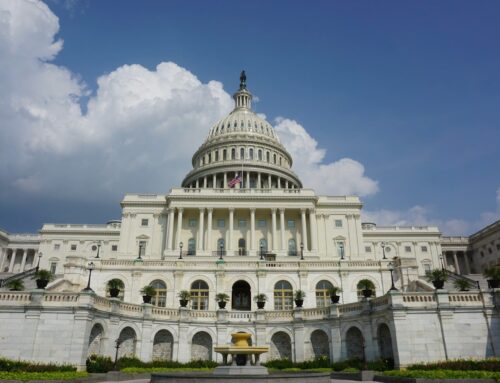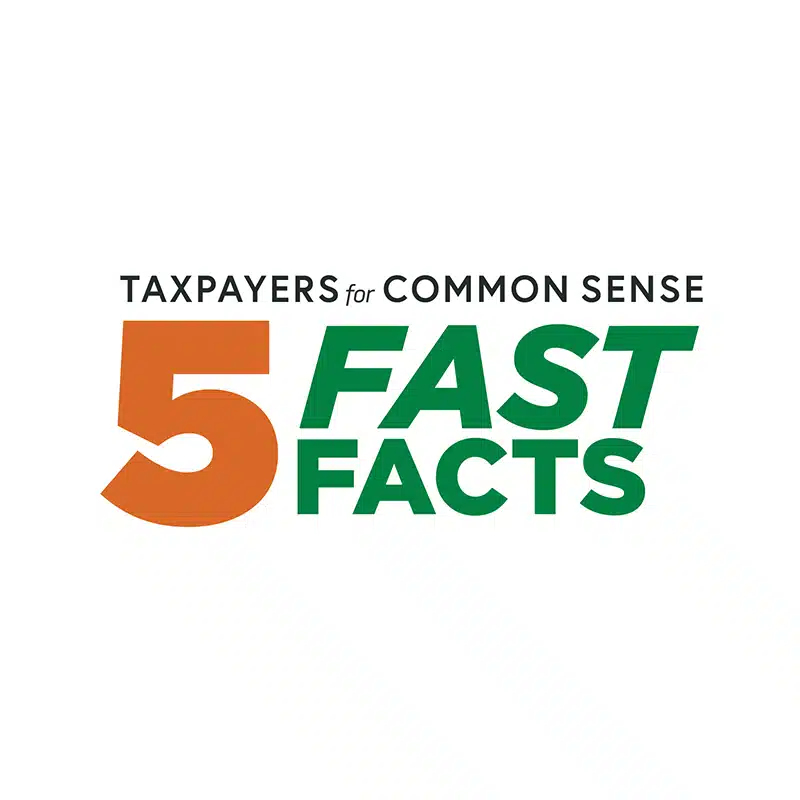It has been difficult watching Congress these past few weeks. For the amount of pain it caused, the budget bill that just passed might as well have been a kidney stone. Of course, after all of the political grandstanding, we’re still pretty much in the same place with only a few nicks and scrapes to the budget deficit.
Back in December, President Obama’s deficit commission released its set of recommendations for how to deal with the fiscal crisis. This was part of a wave of other deficit reduction plans from left and right. House Budget Chairman Paul Ryan (R-WI) released the official Republican budget resolution last week, and President Obama outlined his own proposal this week. So there is no shortage of ideas on how to start righting our fiscal ship.
But for all of the philosophical differences among the various proposals about the role and size of the federal government, there is, in fact, much they agree on. Over the years, the federal budget has taken on a lot of water. Different groups have secured their individual carve out or incentive. The different deficit reduction proposals and the Democratic and Republican plans all recognize this in one form or another. There is simply a lot of government spending that is no longer achieving the policy goals it was intended to, if it ever did, so it’s ripe for the picking.
Consider farm subsidies. As we pointed out last week, Chairman Ryan proposed $30 billion worth of cuts to mandatory agriculture spending from direct payments and federal crop insurance. President Obama also suggested cuts to these programs, as did many of the deficit proposals . Why? Because we can all agree they aren’t working. The Government Accountability Office has reported that farm payments have gone to thousands of individuals with incomes exceeding eligibility caps and that more than $1 billion has gone to deceased individuals or people who may have had only limited involvement in farming. The libertarian Cato Institute says, “Farm subsidies transfer the earnings of taxpayers to a small group of fairly well-off farm businesses and landowners,” while the Environmental Working Group says, “to characterize the programs as either a ’big government’ bailout or another form of welfare would be manifestly unfair – to bailouts and welfare.”
While differing on the specifics, the President, Chairman Ryan and various commissions have all said we need to reform entitlements like Medicare. They have also agreed we need to reform tax expenditures (aka tax earmarks), which account for more than $1 trillion a year . The differences here are less about whether they should be cut but by how much and what to do with the savings. Because to say we are getting our money’s worth from many of these programs strains credulity, and everyone knows it. Are the numerous tax breaks for oil and gas companies ( $31+ billion (5yrs)) reducing our reliance on foreign oil? Is the Mortgage Interest Deduction. ( $91 billion (1yr) ) actually promoting homeownership? Does the Foreign Tax Credit ($3.2 billion (1yr)) prevent unfair double taxation or just encourage companies to send jobs overseas? Why do we have a tax credit to encourage blending ethanol ($6 billion (1yr)) at the same time we legally mandate its use? The government shouldn’t be picking winners and losers in the tax code and every break must be justified against its cost.
Congress has spent the last three months dithering over last year’s spending levels. And for all the sound and fury about cutting wasteful spending, it is incredible that these and other programs cumulatively worth tens of billions, even hundreds of billions of tax dollars haven’t already been cut. It’s time to get started.
TCS QUOTE OF THE WEEK:
“If we don’t want to pay the debt back, then we could just not worry about the revenues, but the fact is we’ve got a $14 trillion debt staring us in the face and revenue has to be on the table if we’re serious about attacking that debt.”
– Senator Saxby Chambliss (R-Ga) said during an interview with CNN .











Get Social